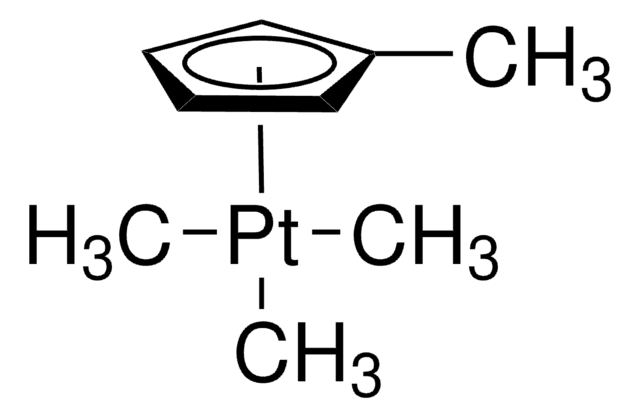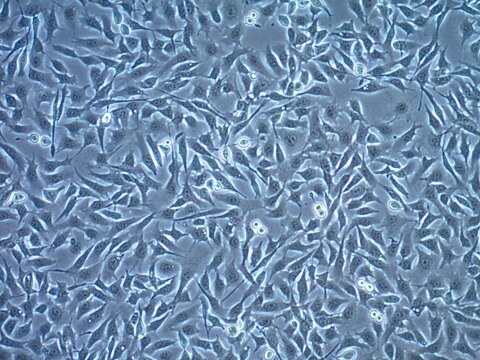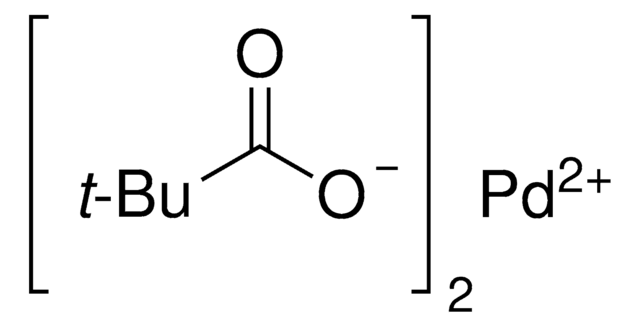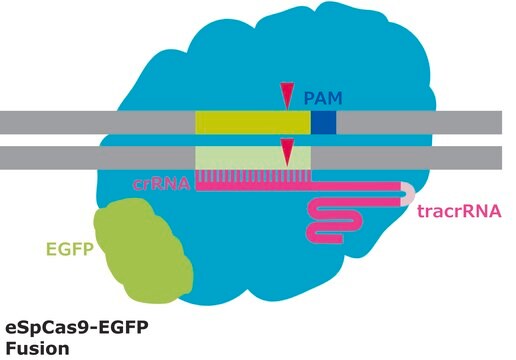Alle Fotos(1)
Wichtige Dokumente
CRISPRPL
CRISPR Plant
Anmeldenzur Ansicht organisationsspezifischer und vertraglich vereinbarter Preise
Alle Fotos(1)
About This Item
UNSPSC-Code:
41106609
Empfohlene Produkte
Verwandte Kategorien
Allgemeine Beschreibung
All-in-one, ready-to-use Cas9 and guide RNA (gRNA) expression plasmids for use with monocots and dicots.
CRISPR Plant Cas9 products are intended for Agrobacterium-mediated plant transformation or biolistic microparticle bombardment or protoplast transformation. The products are based on the type IIA CRISPR-Cas9 derived from Streptococcus pyogenes. The native Cas9 coding sequence is codon optimized for expression in monocots and dicots, respectively. The monocot Cas9 constructs contain a monocot U6 promoter for sgRNA expression, and the dicot Cas9 constructs contain a dicot U6 promoter.
The plant selection markers include:
CRISPR Plant Cas9 products are intended for Agrobacterium-mediated plant transformation or biolistic microparticle bombardment or protoplast transformation. The products are based on the type IIA CRISPR-Cas9 derived from Streptococcus pyogenes. The native Cas9 coding sequence is codon optimized for expression in monocots and dicots, respectively. The monocot Cas9 constructs contain a monocot U6 promoter for sgRNA expression, and the dicot Cas9 constructs contain a dicot U6 promoter.
The plant selection markers include:
- hygromycin B resistance gene
- neomycin phosphotransferase gene
- bar gene (phosphinothricin acetyl transferase)
Anwendung
- Inactivation of genes
- Target validation
- Site specific integration of gene of interest
- Gene replacement via HR
Leistungsmerkmale und Vorteile
- Main advantages of CRISPR/Cas9 are in terms of simplicity, accessibility, cost and versatility.
- CRISPR/Cas9 system does not require any protein engineering steps, making it much more straightforward to test multiple gRNAs for each target gene
- Only 20 nt in the gRNA sequence need to be changed to confer a different target specificity
- Another advantage of CRISPR/Cas9 compared to ZFNs and TALENs is the ease of multiplexing. The simultaneous introduction of DSBs at multiple sites can be used to edit several genes at the same time. It can be particularly useful to knock out redundant genes or parallel pathways. Multiplex editing with the CRISPR/Cas9 system simply requires the monomeric Cas9 protein and any number of different sequence-specific gRNAs.
- CRISPR/Cas9 system can cleave methylated DNA in human cells allowing genomic modifications that are beyond the reach of the other nucleases. This has not been specifically explored in plants, it is reasonable to assume that the ability to cleave methylated DNA is intrinsic to the CRISPR/Cas9 system and not dependent on the target genome
Komponenten
1 vial containing 50ul of 20ng/ul plasmid DNA
Keep reagent tubes closed when not in use.
Practice aseptic lab technique to avoid DNase contamination.
Keep reagent tubes closed when not in use.
Practice aseptic lab technique to avoid DNase contamination.
Prinzip
CRISPR/Cas systems are employed by bacteria and archaea as a defense against invading viruses and plasmids. Recently, the type II CRISPR/Cas system from the bacterium Streptococcus pyogenes has been engineered to function in eukaryotic systems using two molecular components: a single Cas9 protein and a non-coding guide RNA (gRNA). The Cas9 endonuclease can be programmed with a single gRNA, directing a DNA double-strand break (DSB) at a desired genomic location. Similar to DSBs induced by zinc finger nucleases (ZFNs), the cell then activates endogenous DNA repair processes, either non-homologous end joining (NHEJ) or homology-directed repair (HDR), to heal the targeted DSB.
Sonstige Hinweise
For ordering any of our custom CRISPR plant products please visit: CUSTOM ORDERING FORM
Rechtliche Hinweise
Ähnliches Produkt
Lagerklassenschlüssel
12 - Non Combustible Liquids
WGK
WGK 1
Flammpunkt (°F)
Not applicable
Flammpunkt (°C)
Not applicable
Hier finden Sie alle aktuellen Versionen:
Analysenzertifikate (COA)
Lot/Batch Number
It looks like we've run into a problem, but you can still download Certificates of Analysis from our Dokumente section.
Wenn Sie Hilfe benötigen, wenden Sie sich bitte an Kundensupport
Besitzen Sie dieses Produkt bereits?
In der Dokumentenbibliothek finden Sie die Dokumentation zu den Produkten, die Sie kürzlich erworben haben.
Kunden haben sich ebenfalls angesehen
Unser Team von Wissenschaftlern verfügt über Erfahrung in allen Forschungsbereichen einschließlich Life Science, Materialwissenschaften, chemischer Synthese, Chromatographie, Analytik und vielen mehr..
Setzen Sie sich mit dem technischen Dienst in Verbindung.











